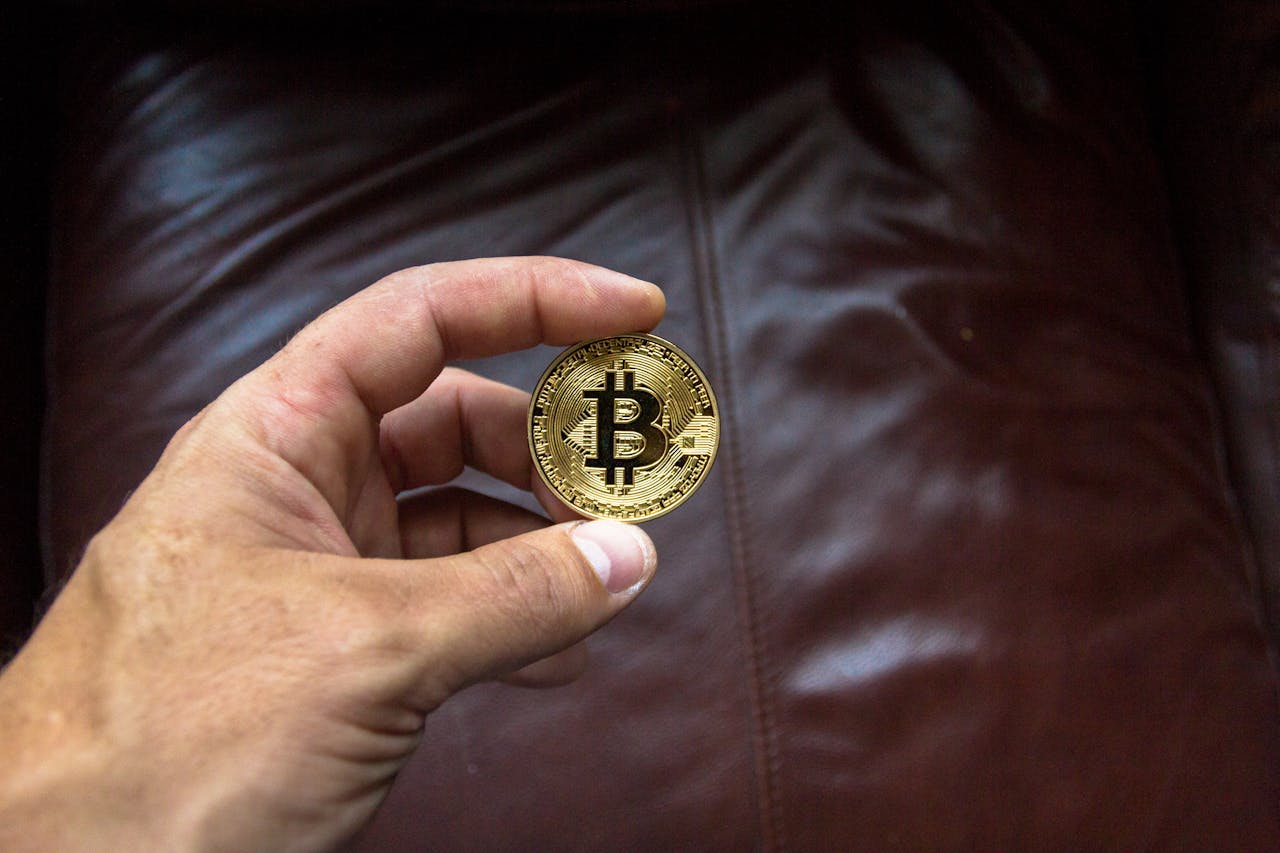

The business implications of COVID-19 in Malaysia have remained consistent: with SMEs making up the bulk of businesses in the country, aid from the government over the last two years has focused on financial grants to help small enterprises recover.
A study by the World Bank, however, has stated that accelerating the country’s digital transformation may be key to recovery amidst a difficult 2020-2021—especially with the government reopening Malaysia’s borders to tourists.

As with most countries in Southeast Asia, the main challenge to doing business in Malaysia is the global COVID-19 pandemic. With the Omicron variant adding thousands of new cases to the country’s daily count, the nationwide focus has been put on helping the healthcare system push through the surge.
But with the country set to reopen its borders amidst an Omicron variant surge, digital solutions are now being accelerated to help with the potential influx of visitors and economic recovery.
Based on 2020 data from the Malaysian government, SMEs make up 97.2% of all businesses in the country, with 78% of this number categorized as microenterprises. Of the total number of SMEs, 85% belong to the services sector, followed by construction and manufacturing.
Digital technology is key to driving economic recovery in Malaysia amidst the COVID-19 pandemic, and businesses that can offer reasonably priced yet effective digital solutions and assistance for SMEs are needed. These solutions can range from the Internet of Things (IoT), automation, artificial intelligence, and Big Data.
With the government slowly loosening border restrictions to accommodate tourists and business travelers, solutions within this realm are much needed. Entrepreneurs must think of innovative solutions and services to keep up with the ever-changing times—solutions already implemented by other countries include using robotics to aid with hotel check-ins and services, as well as encouraging digital payment options to minimize the risk of COVID-19.

The Latest Developments in Cryptocurrency Adoption in SEA
The cryptocurrency market in Southeast Asia (SEA) has seen exponential growth in recent years. The revenue of cryptocurrency in the region was around USD 1,384 million in 2023 and is expected to grow by USD 1 million in the next four years. Countries like Indonesia, Singapore, and the Philippines are at the forefront of this digital revolution. The region's young, tech-savvy population, coupled with increasing internet penetration, has created a fertile ground for the adoption of cryptocurrencies. Currently, the crypto market in SEA is valued at several billion dollars, with projections indicating continued growth.

An Overview of the Halal Cosmetics Market in Malaysia
The halal cosmetics market in Malaysia has been experiencing significant growth. It is driven by a combination of increasing consumer awareness, government support, and the rising demand for halal-certified products among both Muslim and non-Muslim consumers.

How Digital Marketing is Transforming the Automotive Lubricants Market in Southeast Asia
In recent years, digital marketing has emerged as a transformative force in the Southeast Asian (SEA) automotive lubricants market. The region's rapidly growing internet penetration and increasing smartphone usage have created fertile ground for innovative digital strategies. This evolution is reshaping how companies engage with customers and streamline their operations, offering numerous opportunities for growth and efficiency.

Exploring New Business Models for a Sustainable Future
Transitioning towards new sustainability business models can help companies drive positive change and contribute to a more sustainable future.